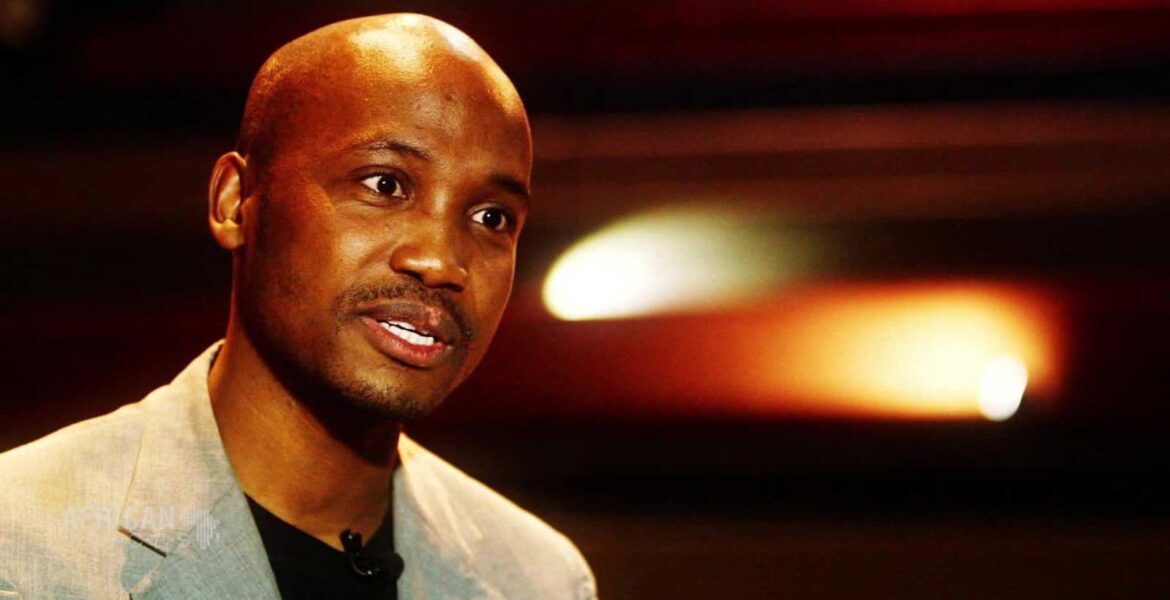Donald Molosi
Most Batswana struggle to think of a Setswana word for balding that is not understood as ridicule. I, like many balding Batswana men, know just how great the fear of showing your balding-hair pattern head can be. Ours is a society where allowing your balding hair to grow out is likely to be seen as irresponsible or dirty, even criminal looking.
Why though? How long before we look beyond toxic colonial lessons to what we can do about that shame today? The people perpetuating the shame are us, the Black Batswana.
At 35, I choose to reflect on the social anxiety caused by the oppressive necessity to shave of one’s hair as soon as it begins to sprout, before a balding pattern shows. We are a society that shames balding and I refuse to participate in that. Growing out my balding style will henceforth always be a choice for me when I think of how to look next. I wish that freedom for us all balding people.
Recently, on my Facebook page I asked people to share balding pictures of themselves. It was an interesting that the people who shared their pictures did so privately, via inbox.
On their Facebook pages, they had no pictures of them with balding hair. They had pictures of themselves when they used to have a full head of hair, and also pictures of them shaved completely bald. There is something to reflect on about that: when did we first learn to believe that Balding Is My Privilege! is to be hidden? What understanding might we gain when we stop speaking about balding as hair loss as though it is necessarily
something to be fixed?
For me, I feel privileged to wear the same balding pattern as so many men in my family, especially the ones who are now ancestors. I feel privileged to have so far lived long enough to even bald because too many people never got to 35.
Balding hair is a style choice that should exist for balding men and balding men need to know that there is nothing wrong with it. I find it darkly funny that future generations will have no pictures of my generation of balding men because we are busy curating (social) media archives where we either had full hair or none at all.
One of the reasons for balding stigma is the colonial shame attached to our hair as Black people.
It is the same reason, based on colorism, why young men of certain races wear bald hair in Botswana offices with no ridicule by us, the Black Batswana. I hope that we connect the dots between how we treat the balding hair of Black men and how we are the country where Rainbow School of Gaborone can, in 21st century Botswana, write a “no afros allowed” letter to Batswana parents letting the parents know that the way our natural hair grows as Black people is banned in the classroom.
We will benefit from this reflection as we commemorate June 16 Day of the African Child this year.
Donald Molosi is President of the Upright African Movement.




